Severance Demand Letter Template for Employees
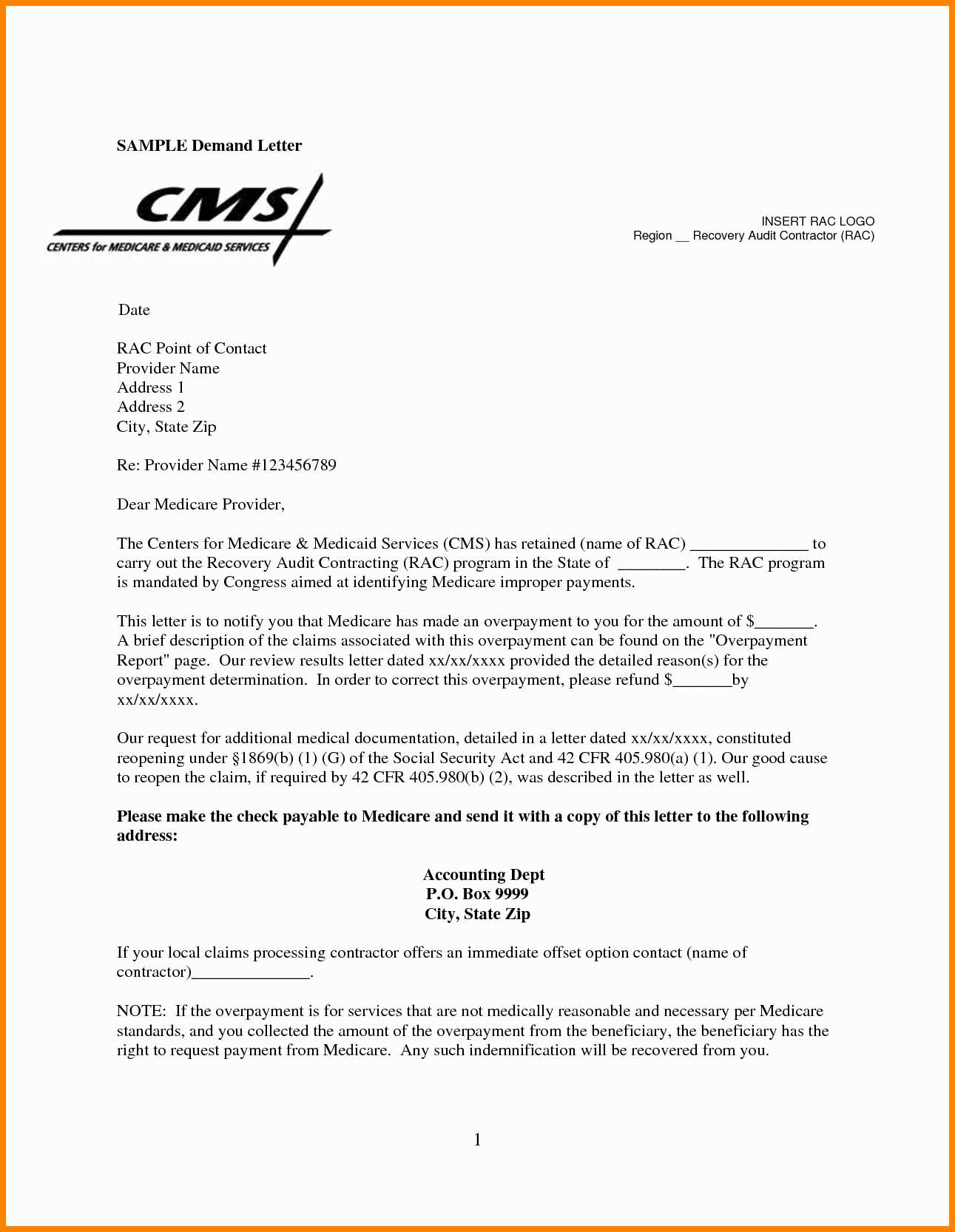
When ending a working relationship, it’s essential to ensure all due benefits are received. If there are disagreements or misunderstandings regarding what you are entitled to, formal communication can clarify the situation and present your expectations. This written request serves as a professional way to address outstanding matters and seek the rightful compensation after your employment ends.
Important Information to Include
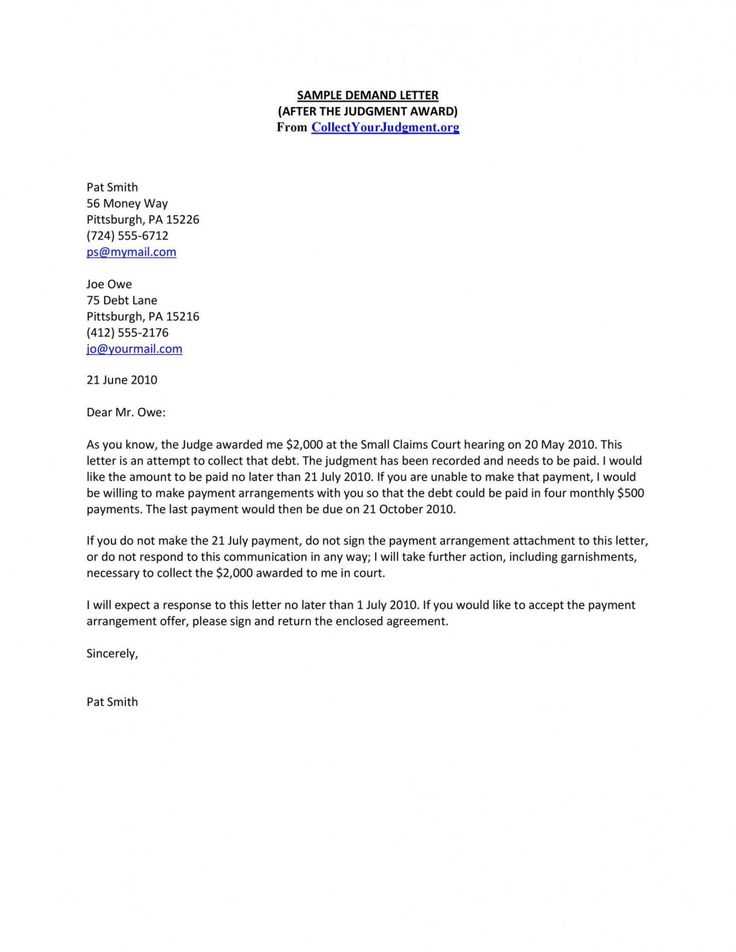
Your request should contain specific details that support your claim and help clarify what you are entitled to. Consider adding the following elements:
- Employee details: Full name, position, and duration of employment.
- Reason for termination: Whether voluntary or involuntary, this affects the outcome of your request.
- Expected compensation: Specify the amount or benefits you are seeking, whether it’s financial or other forms of support.
- Supporting documents: Include any evidence, such as contracts, company policies, or communications that strengthen your case.
Steps to Follow for Effective Communication
Following a clear structure can enhance the impact of your request and increase your chances of a positive resolution. Here’s how to proceed:
- Be clear and direct: State your purpose right away, avoiding unnecessary details.
- Use professional tone: Even if the situation is frustrating, maintaining respect will yield better results.
- Provide a reasonable deadline: A timeframe for a response shows that you are serious and expect timely action.
Common Mistakes to Avoid
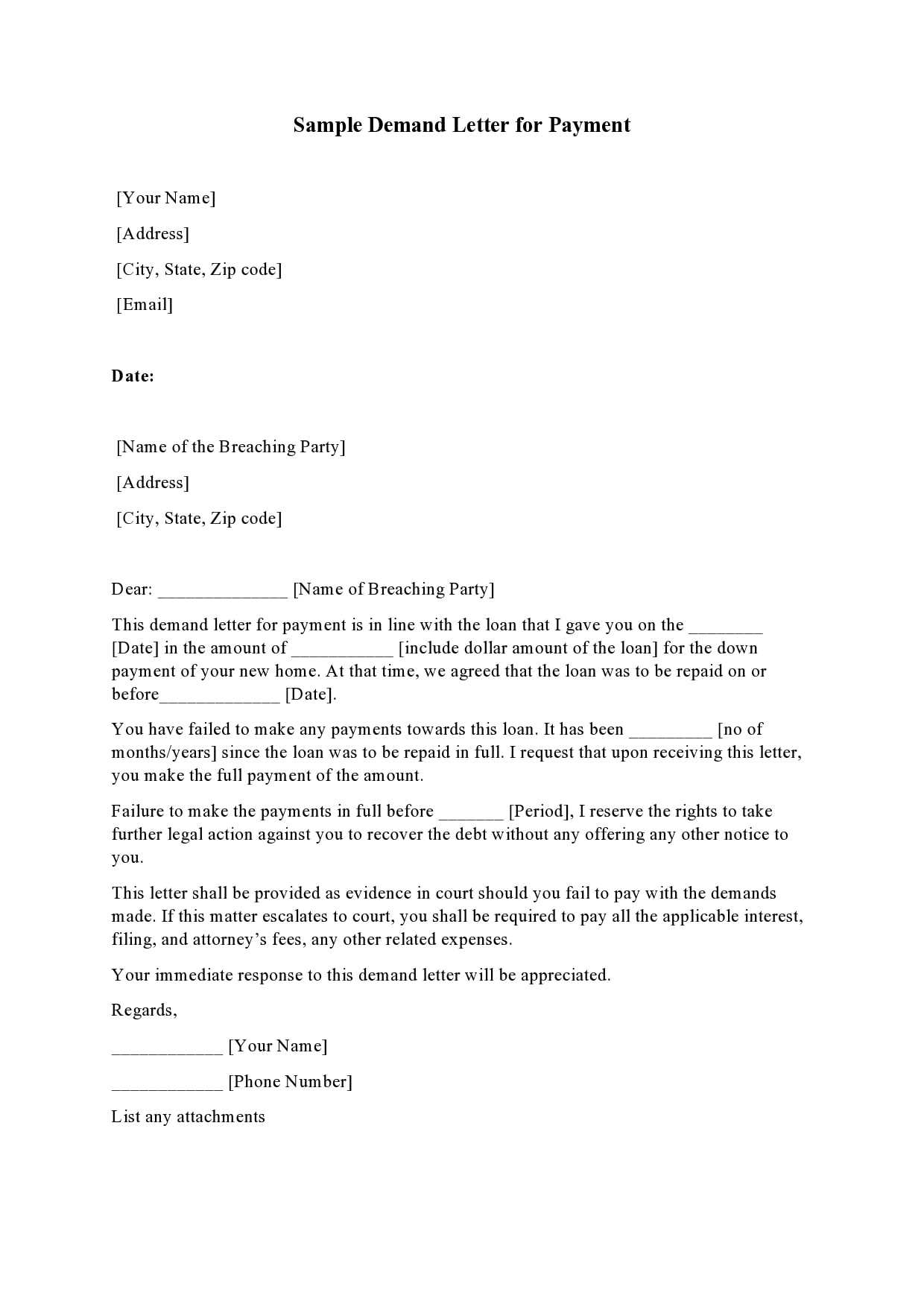
While crafting your request, be mindful of these common errors that can hinder the process:
- Vague language: Being unclear or overly general about your expectations can delay the resolution.
- Emotional tone: Avoid letting frustration dictate the language of the request, as it can make you seem unprofessional.
- Failure to follow up: After sending your message, ensure to follow up if you don’t receive a timely reply.
Negotiating After Submission
If your request is met with resistance or a counteroffer, remain open to negotiation. Being flexible while still firm on key issues can help reach an agreement that works for both parties. Additionally, knowing your legal rights can give you confidence during the process.
Understanding Benefits and Rights After Employment Ends
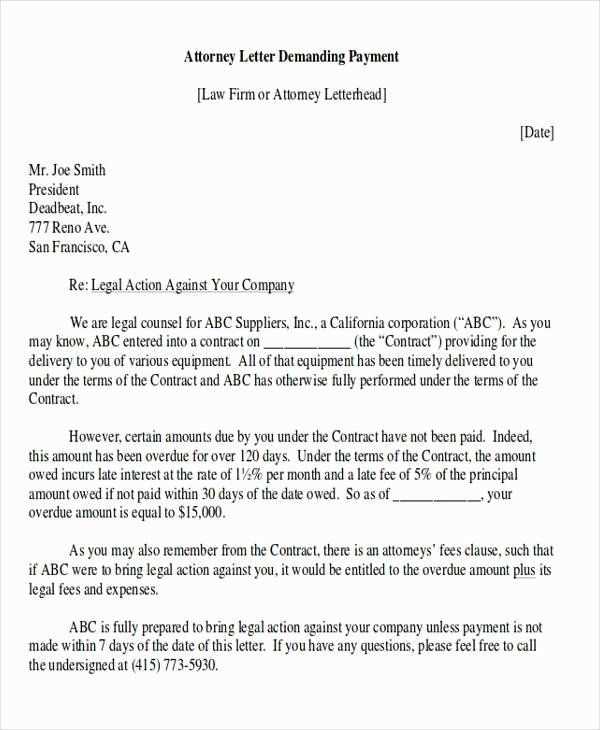
When a working relationship comes to an end, it’s important to understand your entitlements and how to formally address any concerns regarding the compensation or benefits you’re due. This section provides a comprehensive overview of what to expect, the right time to make a formal request, and how to structure your communication effectively to ensure clarity and professionalism.
When to Make a Formal Request
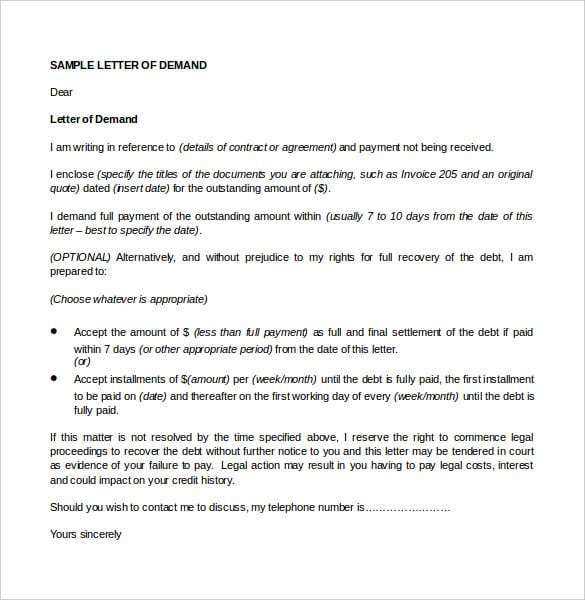
If there are discrepancies or concerns about the compensation package or benefits after your employment termination, it’s crucial to address them in writing. A formal request should be sent once you’ve reviewed the terms of your departure, ensuring you understand what was agreed upon. Timing is key, and submitting your request promptly after your last day at work will often lead to the best results.
Key Elements to Include in Your Request
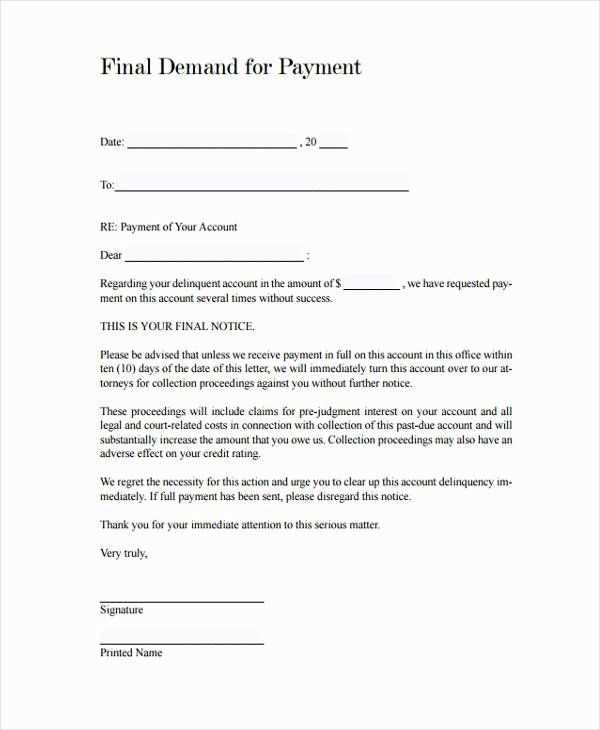
When drafting your communication, be sure to include the following key components to ensure your request is clear and well-supported:
- Personal details: Full name, job title, and the period of employment.
- Reason for the end of employment: Clarify whether the departure was voluntary or involuntary to provide context.
- Specific requests: Clearly outline the benefits or compensation you’re requesting, whether financial or otherwise.
- Supporting evidence: Attach any relevant documents such as employment contracts or company policies that justify your request.
These elements will help ensure your communication is both professional and backed by sufficient detail to support your claim.
How to Write a Professional Communication
Maintaining a formal and respectful tone is essential when communicating about sensitive matters like compensation. Ensure your message is direct yet courteous, with a focus on the facts. Being concise and clear will prevent misunderstandings and demonstrate your professionalism.
Common Mistakes to Avoid
Several pitfalls can hinder the effectiveness of your request. Be cautious of the following:
- Unclear language: Avoid vague or generalized statements. Be specific about your needs and expectations.
- Emotional tone: Maintain a neutral and respectful tone, even if the circumstances surrounding your departure were difficult.
- Failure to follow up: If you don’t receive a timely response, follow up to ensure your request is being considered.
Negotiating Compensation Terms
If your initial request is met with reluctance or a counteroffer, be prepared to negotiate. Stay firm on your key issues while remaining open to reasonable adjustments. Understanding your legal rights will also bolster your confidence when engaging in these discussions.